Noticia
UPS and IEPS presented ways to encourage solidarity based economy
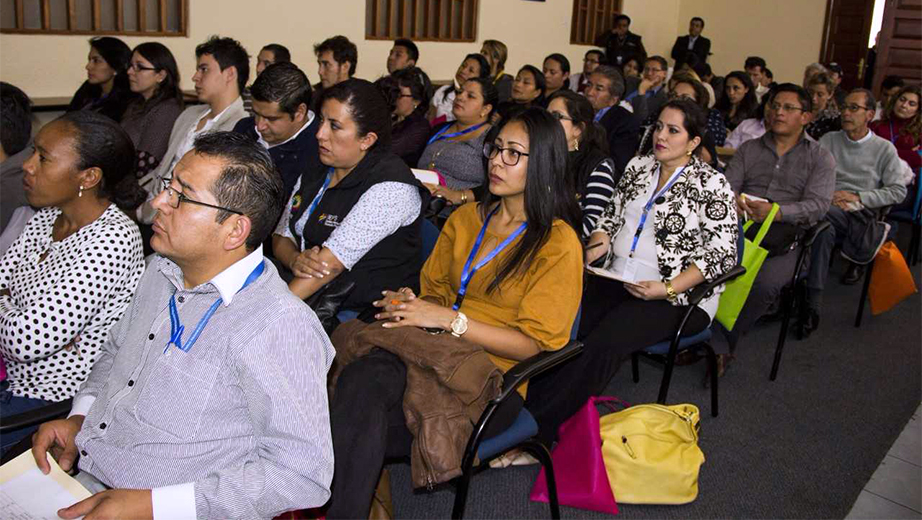
The university's branch campus in Quito held a talk to discuss ways to encourage solidarity economy. The talk was organized by the Management of Local Development undergraduate program and the National Institute of Popular and Solidarity Economy (IEPS for its acronym in Spanish). It was attended by 80 people, students, professors, community leaders and public officials.
The aim of the event was to strengthen the commitment of the different social sectors with the model of a solidarity based economy. As well as promote the management of knowledge from several approaches; this will contribute to collective learning for a social transformation.
Manuel Abemañay, a representative of COPROBICH corporation, in the province of Chimborazo, presented his experience in associative work and a management model that has enabled them to position themselves in local and international markets. He explained that since 2009 they have exported about 60tm of quinoa per year to France, Belgium, Germany, Holand and Colombia. This has increased the recognition of indigenous communities in the production of Andean grains, especially quinoa.
Pablo Ortiz, PhD explained that the development of solidarity economy is part of a process of moral and political interiorization which defines solidarity economy as a post capitalist economic system, where its members have other principles about social coexistence such as cooperation.
Luis Ibarra spoke about solidarity economy in Ecuador and spoke about the strategies being used to boost this economic model that represents 25,7% of the GDP and generates the highest rate of employment nationwide, with 64%.
After the talks there were workshops to discuss several situations of ventures and the compliance of public policies established for the development of the sector. One proposal was to improve teaching and research of solidarity economy, places to trade, more participation of local governments and more gender equality.
Related news:
Contenidos Relacionados
Contenidos Relacionados
Noticias Relacionadas
Noticias Relacionadas

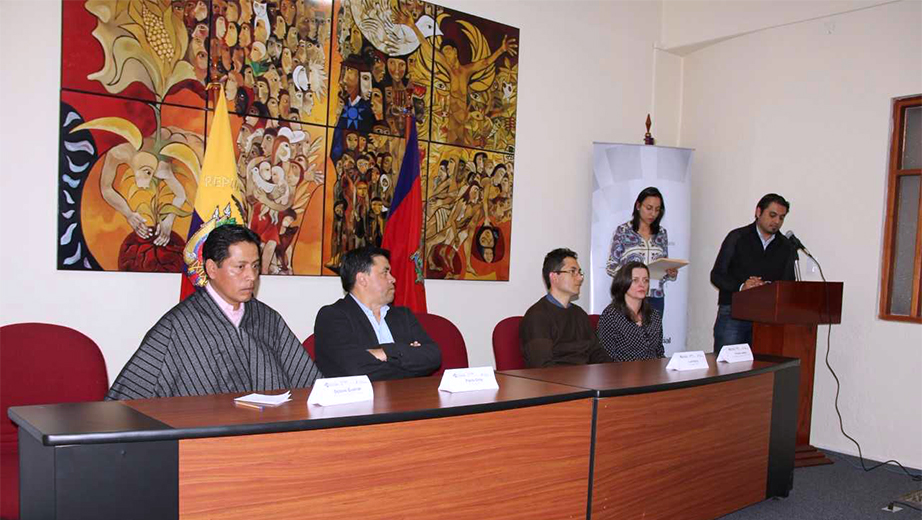
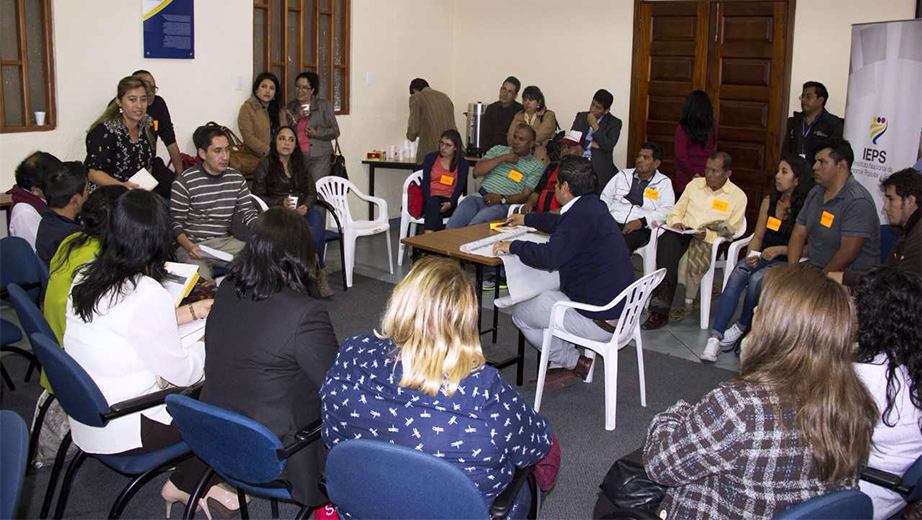
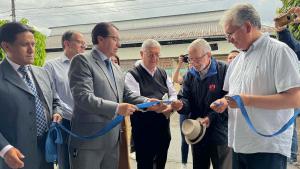
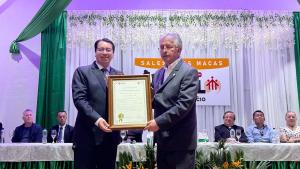

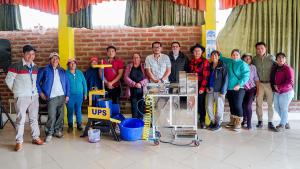
Follow us
Follow us